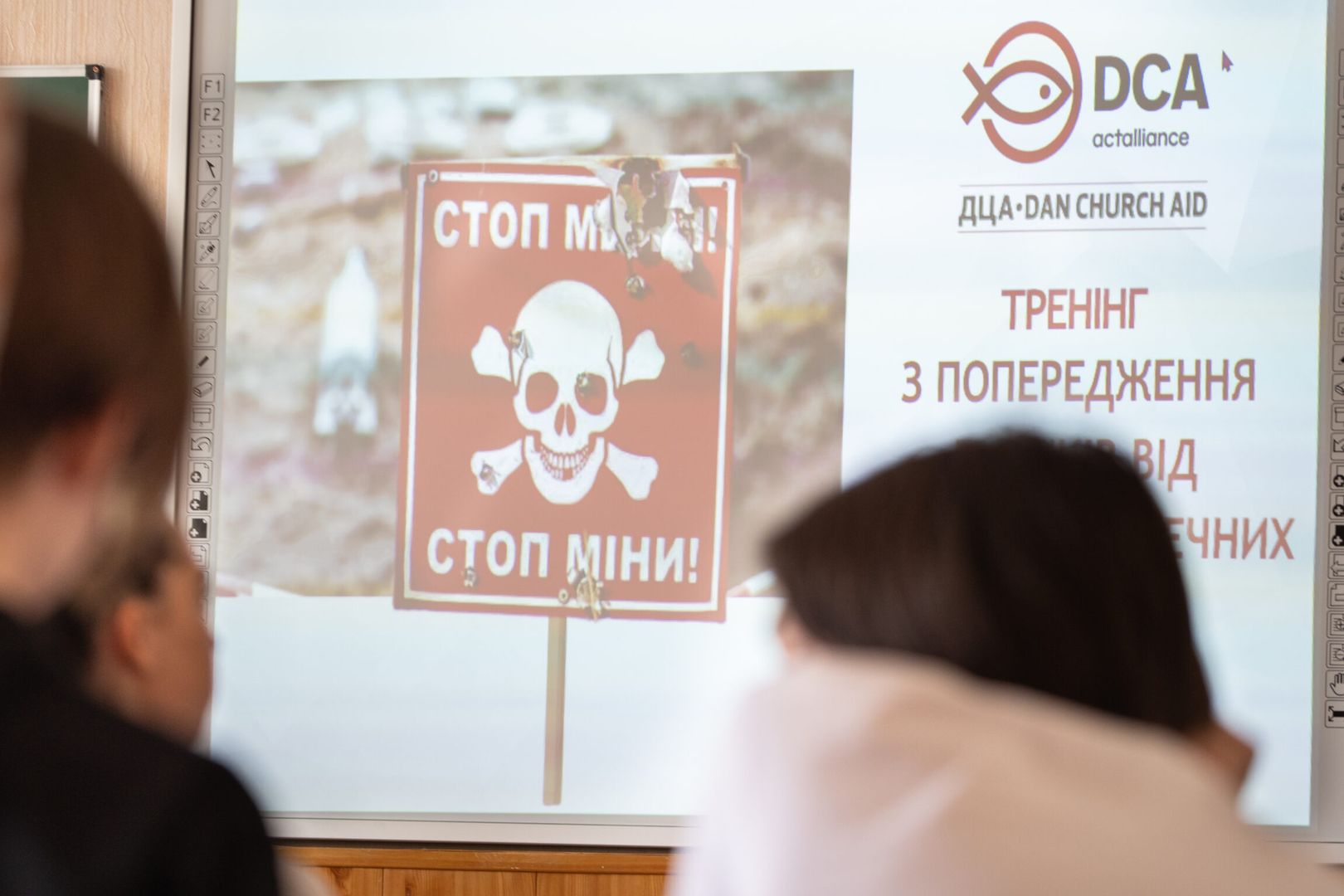For the first time since The Mine Ban Convention – or Ottawa Convention – took effect in 1999, several States Parties have withdrawn from the convention. Or are about to withdraw.
At the end of June Estonia, Latvia, and Lithuania gave formal notices to withdraw from the Mine Ban Convention – withdrawals that will take effect in six months. Poland and Finland are preparing to hand in withdrawal notices too – and on Sunday 29 June the Ukrainian president said he had signed a decree for Ukraine to do the same.
Withdrawing from the Mine Ban Convention is a worrying development that points to a growing disregard for international law globally and is likely to have grave humanitarian consequences.
DanChurchAid appeals to countries that have taken steps to withdraw from the Mine Ban Convention – or are considering doing so – to reconsider.
“Anti-personnel mines do not distinguish friend from foe – or times of war from times of peace.
It is a legacy we leave for our children and their children – one of injury, death, and tragedy.
The urge to meet Russia on the battlefield on an ‘equal footing’ is understandable.

But it comes with a very high humanitarian cost, and we must ask ourselves if that is a price worth paying – considering that the debt shall be paid by generations to come. I do not believe it is – and I urge all parties to reconsider,” says DanChurchAid’s Secretary-General Jonas Nøddekær.
The Mine Ban Convention prevents suffering and protects civilians
The Mine Ban Convention is the prime humanitarian and disarmament treaty aimed at preventing the suffering and casualties caused by anti-personnel mines, in prohibiting their use, stockpiling, production, and transfer, ensuring their destruction, and assisting victims. The implementation of the treaty has contributed to promoting protection of civilians, and economic development by making billions of square meters of land safe again for human activity.
Antipersonnel mines cannot distinguish between soldiers and civilians and the use of them is illegal under humanitarian law. More than 8 out of 10 people who are injured or killed by anti-personnel mines are civilians – and almost half of them are children.


